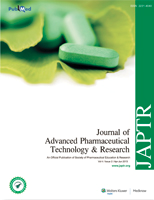 Researchers have retracted a study about malaria infections in India after follow-up research unveiled problems with the data and set off a dispute among the authors.
Researchers have retracted a study about malaria infections in India after follow-up research unveiled problems with the data and set off a dispute among the authors.
According to the notice, when the authors continued their research on the same topic, some of the new data raised concerns about what was reported in the 2010 paper. That set off a “number of disputes between authors,” which led them to retract the paper.
This account was supported by the study’s first and corresponding author, Naitik Trivedi, from the A.R. College of Pharmacy & G.H. Patel Institute of Pharmacy in Anand, Gujarat, India. Trivedi told us he believes the previous study didn’t include some relevant parameters, which affected the results.
Trivedi noted that all the authors agree to the retraction, adding: Continue reading Authors pull malaria study after arguing over the results

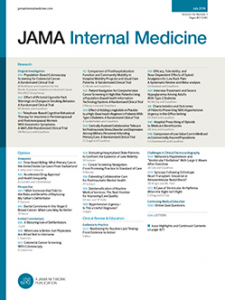
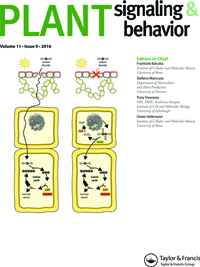 A few months ago, an author
A few months ago, an author 
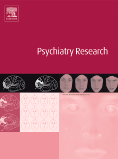
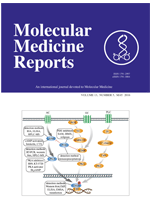
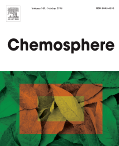
 Two psychology researchers are retracting a meta-analysis after discovering errors they believe may affect the conclusions.
Two psychology researchers are retracting a meta-analysis after discovering errors they believe may affect the conclusions.